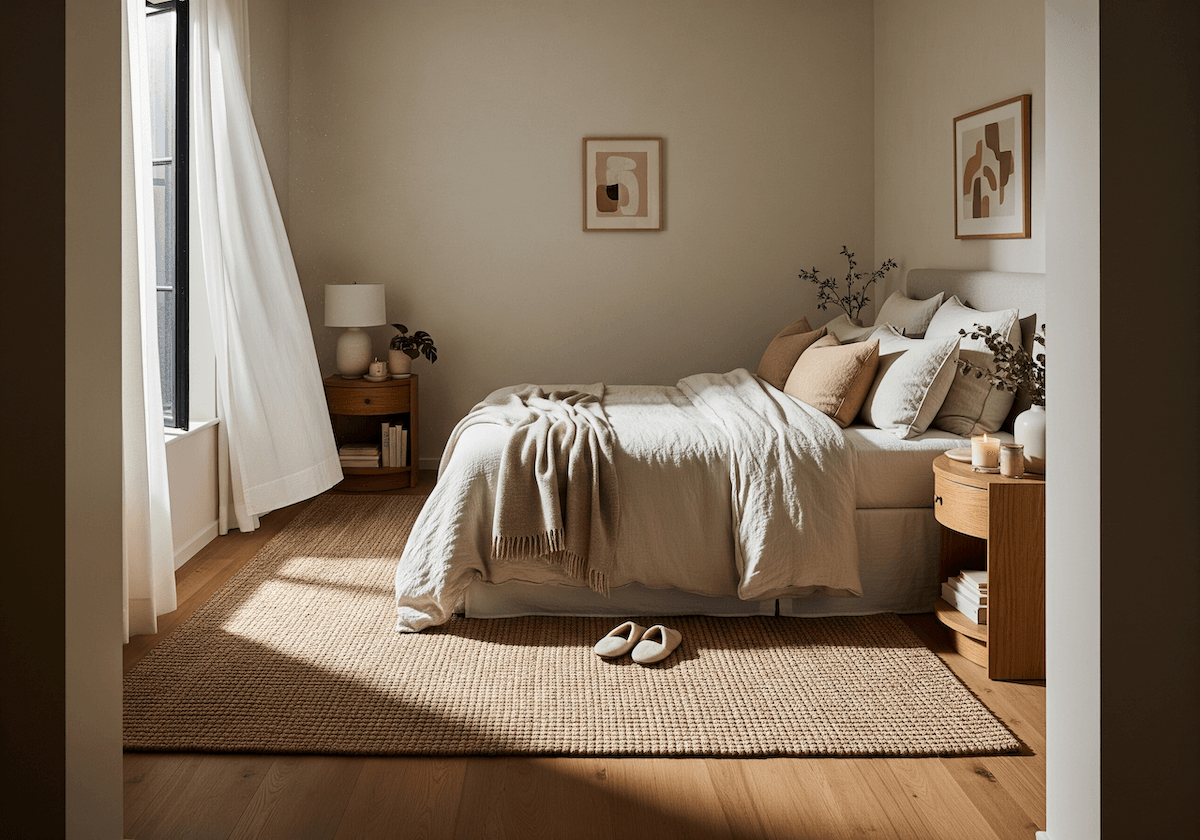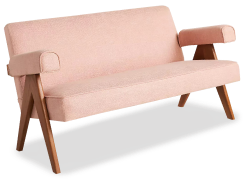How to Maintain a Real Estate Investment Property for Long-Term Profitability
Real estate investment properties can be an excellent way to make an income, but if you are constantly having to perform maintenance then it can cut into your time, or even into your profits. If you are new to this and don’t yet know the tricks of the trade then our tips for maintaining a real estate investment property can help hugely.

How to Choose Reliable Tenants & Avoid Costly Property Damage
Probably the single most important piece of advice is to choose your tenants wisely as you don’t want anyone in the property that is just going to wreck it or not look after it. Tenants should treat the property like it is their own. While a security deposit helps, it isn’t the only thing that matters. Try to get references for your tenants to ensure they will take care of the house. There are some real horror stories out there from people who didn’t do their checks and found the tenants to be disrespectful of the property.
Rental Property Inspection Checklist: What Landlords Must Check
Regular rental property inspections help landlords prevent expensive repairs and keep tenants accountable. Whether it’s checking for water damage, structural issues, or HVAC problems, staying proactive ensures your real estate investment remains profitable.
Exterior
On the exterior of the home, you should look for any structural damage or anything that could potentially lead to an expensive repair in the future. Rot, chimney cracks, and roof issues are just some of the things that can cause issues down the line.
Interior
On the inside of the house, look for signs of dampness and mold, as well as general disrepair. The house might not have been properly looked after, which is a big warning sign. If your tenants know you are going to inspect regularly, they should make an effort.
Low-Maintenance Landscaping Ideas for Rental Properties
If your home has a garden, you probably shouldn’t expect tenants to do lots of upkeep so you can make life simpler. Ensure there aren’t any demanding trees or plants and consider switching to artificial turf so they don’t have to mow the lawn all the time.
Pest & Rodent Prevention Tips for Rental Homes
There are plenty of signs that pests and rodents might leave behind. Check for droppings or signs of gnawed furniture. Mice and rats can be costly invasive species to have to deal with.
Seal Doors and Windows: Pests can wiggle through tiny cracks and gaps, so you should inspect and fix any warped or damaged doors and windows, as well as those that don't fit properly, on a regular basis. Repair any rips or tears in the screens as soon as possible. Use screen mesh with a minimum of 200 holes per square inch, which can be found at most home and hardware stores.
Use the Right Light Bulbs: Replace standard mercury vapor lights with high-pressure sodium vapor or halogen lights to decrease flying insects around doors and windows. Insects will be less attracted to bulbs with pink, yellow, or orange colors.
Look for Interior Gaps: Many pest control measures are carried out outside the home. Some fractures and holes, however, will only be seen from the inside. Regularly check inside, under, and behind kitchen cabinets, refrigerators, and stoves for signs of pests. Look for cracks in the trim and around pipes, vents, and cables.
How to Check for Water Leaks & Prevent Costly Damage
Plumbing should be regularly checked, too. Over time, plumbing can degrade and it is possible that you can end up with leaks. Not only can these lead to a shocking water bill, but the repairs might be costly too.
On inspection, make sure you are checking all of the main rooms with plumbing in the home, or even get a professional to check.
HVAC Maintenance Guide for Rental Property Owners
You don’t want to go to the property when your tenants have left and find that your air conditioner won’t turn on or has a nasty rattling sound. Get it regularly checked and maintained, and get the filters changed. Having the filters in for too long can even be a health hazard. While HVAC maintenance costs, it is better than a premature replacement.
The following are some tips to help you manage your property’s heating and cooling system.
Remove standing water. It is important to regularly remove water that collects in the building's moisture control unit, such as drain pans. The accumulated water also becomes a breeding ground for pollutants and bacteria.
Clean the air ducts. Use brushes, power washers, and vacuum to detail the equipment on a regular basis. Random and dirty units pose a health risk to tenants and can pose costly issues in the future.
Check belts and bearings. Make sure the edges of the strap are straight and clean them regularly. If the belt is misaligned, the belt may wear and the pulley may be scratched.
Replace air filters. In general, air filters are not expensive. So keep a supply of air filters on hand for quick replacement.
Why Keeping Property Documents & Receipts is Essential
Whenever you employ any services or buy anything for the property, make sure you have a record. You may have guarantees and warranties that you need to claim on, but if you don’t know where the paperwork is you may not be able to. Similarly, insurance documents and contracts all need to be kept totally safe and in a location where you can easily find what you need.
Designed on the DecorMatters app
Should You Hire a Property Management Company? Pros & Cons
If all of this sounds like a lot of work, or you are intimate because you don’t know how to do things like property checks, then it could be worth hiring a property management company. They’re not cheap, but you may still stand to make a very healthy profit on your investment, and free up your time in the process for other projects or even to look for your next real estate property.
Looking to improve your rental property's design and value? With the DecorMatters app, you can visualize property upgrades, create virtual staging, and enhance curb appeal with AI-powered interior design tools. Take the next step in real estate success—download DecorMatters today!
UP NEXT: Best Paint Colors to Increase Home Value and Sell Your House Faster in 2025













 20h left
20h left


